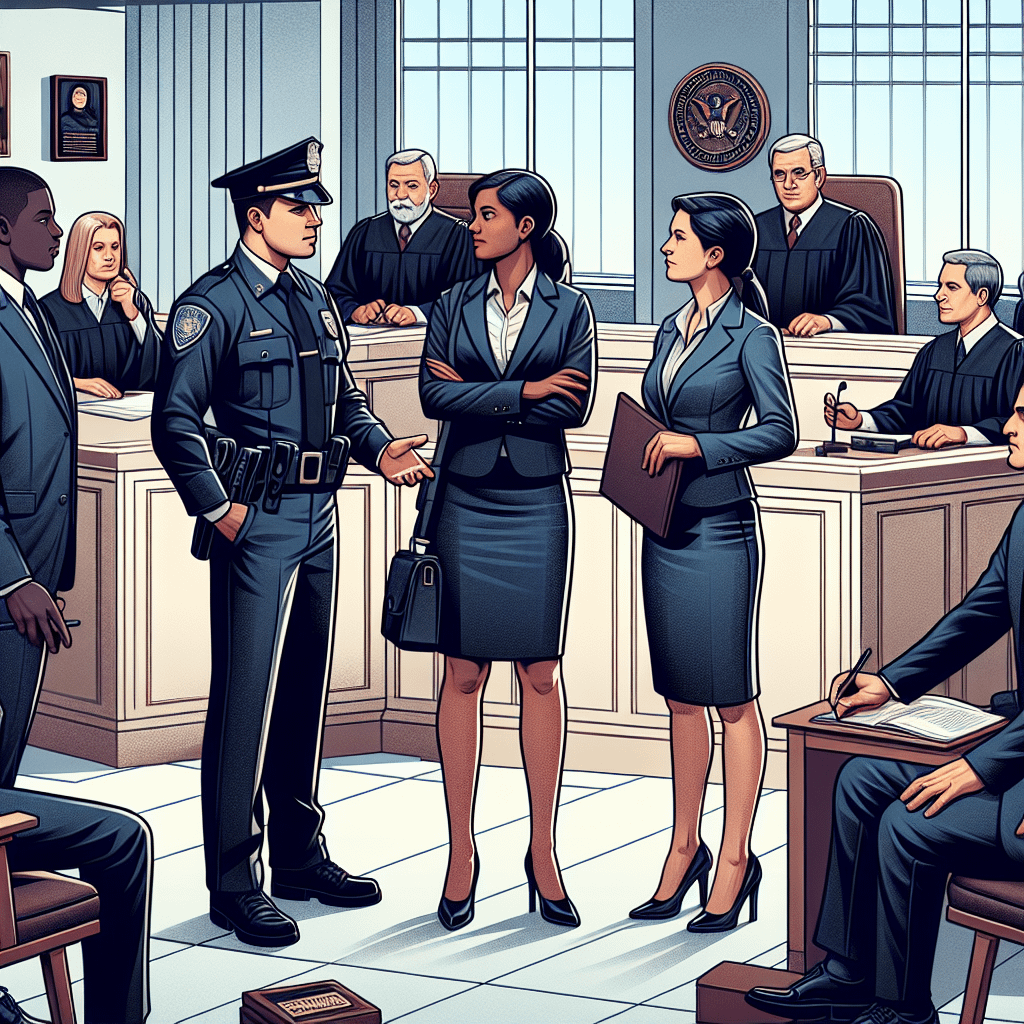Navigating interactions with the police can be intimidating, especially if you’re unsure of your rights. Understanding your rights when the police question you is crucial to ensure you’re protected and able to make informed decisions. Let’s break down these rights and equip you with the knowledge you need to handle such situations confidently.
The Right to Remain Silent
One of the most fundamental rights you have when questioned by police is the right to remain silent. This right is part of the Miranda Rights, which are typically read to you upon arrest. However, you don’t have to wait until an arrest to exercise this right. If you’re being questioned and feel uncomfortable, you can politely state, “I wish to remain silent.” This protects you from saying anything that might be used against you later in court.
The Right to Know Why You’re Being Questioned
If the police stop you, you’re entitled to ask whether you’re free to leave. If they say you are, you’re under no obligation to stay or answer questions. However, if you’re not free to go, it is a clear sign that you might be detained. In such cases, politely ask why you are being detained or questioned. Knowing the reason helps you decide how to proceed, particularly if you choose to speak with a lawyer.
The Right to an Attorney
You have the right to consult with an attorney before answering any questions once you’re in police custody. This is also a part of your Miranda Rights. It’s always advisable to exercise this right, as a lawyer can guide you on what to say—or what not to say—to avoid self-incrimination. You can request a lawyer by stating, “I want to speak with an attorney.”
Dealing with Police Search Requests
If the police ask to search you, your car, or your home, you typically have the right to refuse unless they have a warrant or probable cause. In some situations, they may be able to search without your consent under certain exceptions, such as during an arrest or if they believe there’s immediate danger. If you do not consent to a search, clearly say, “I do not consent to this search.” This statement can be important in protecting your rights later if the search is challenged in court.
Practical Tips for Handling Police Questions
1. Stay Calm and Polite: Interactions with the police can be stressful, but remaining calm and courteous is crucial. Rude or aggressive behavior can escalate the situation.
2. Avoid Giving False Information: Lying to a police officer is illegal and can lead to more serious charges. If you choose to speak, be truthful.
3. Document the Interaction: If possible, note the officers’ names, badge numbers, and patrol car numbers. This information could be useful if there are questions about the encounter later on.
4. Know the Limitations: Your rights might be slightly different in various situations, such as if you’re stopped at a checkpoint or at the border where searches can be more routine.
By understanding and keeping these rights and tips in mind, you can better navigate situations where the police approach you for questioning. Remember, while these general rights are there to protect you, each situation can be unique. Always consider consulting a lawyer for specific legal advice tailored to your circumstances.








